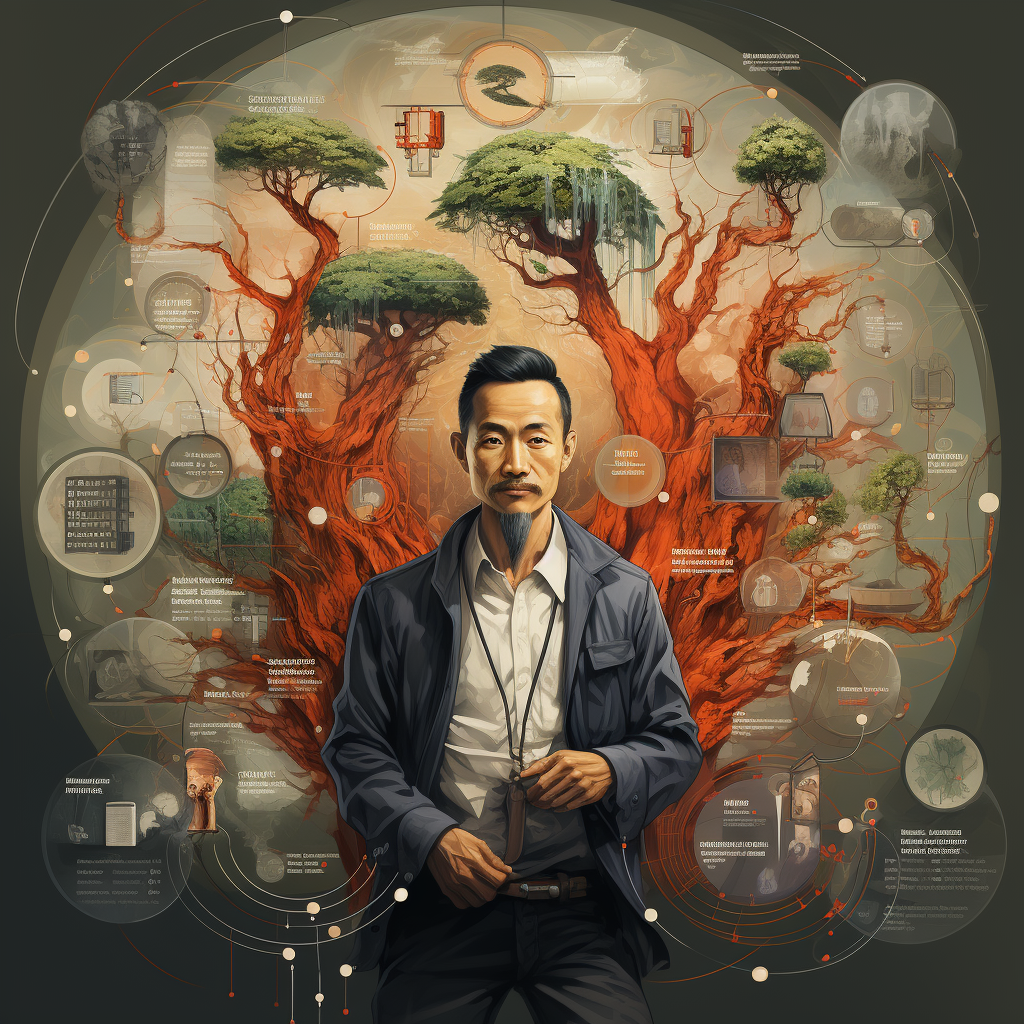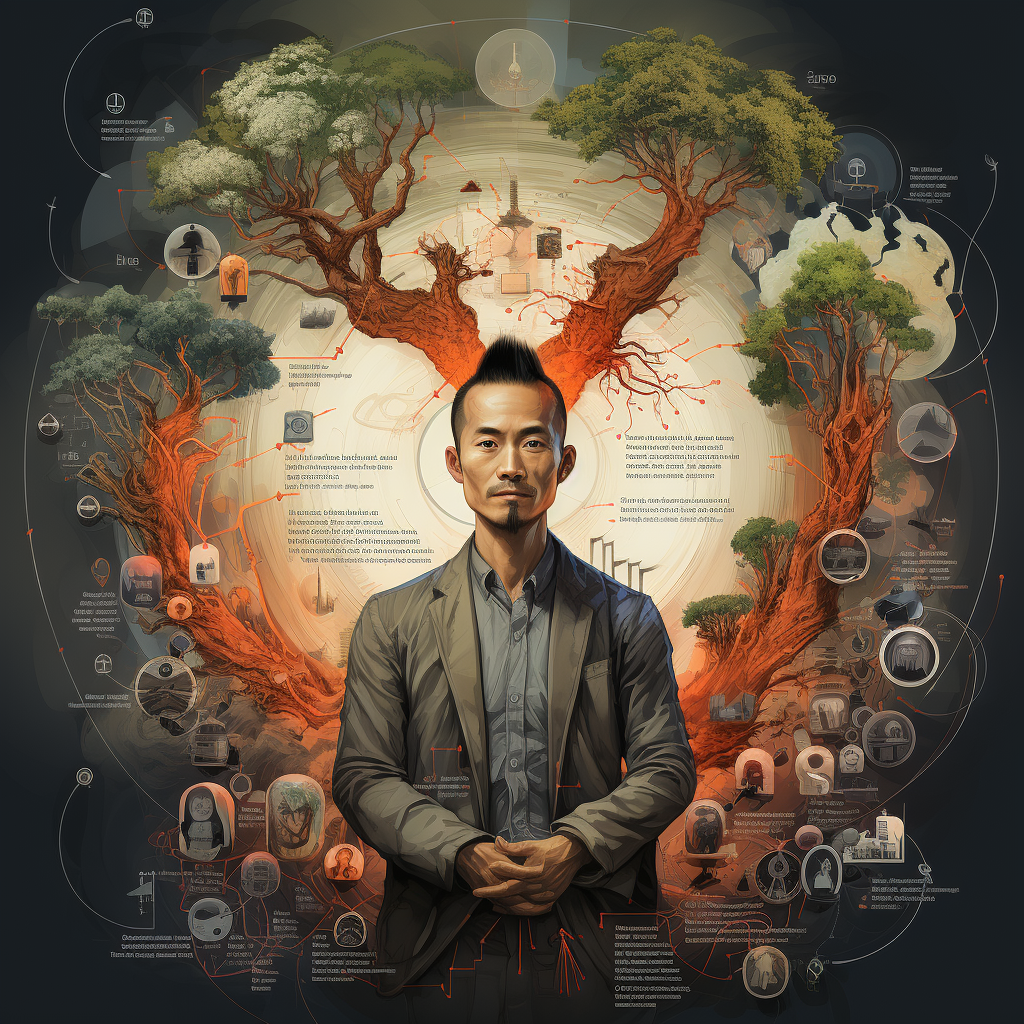The age-old adage, “You are only as good as your last work,” has been a driving force for professionals, artists, and individuals in all spheres of life. This statement calls for introspection and the constant pursuit of excellence. Di Tran, in her soon-to-be-released book, “Drop the FEAR and focus on the FAITH,” adds another layer to this perspective with the phrase, “but your last work has to be yesterday.” This extension emphasizes not only the importance of our last accomplishment but also the necessity for daily commitment to self-improvement.
1. Understanding the Proverbial Context
To be seen as ‘only as good as your last work’ suggests that regardless of our previous achievements, our most recent output is what will be most remembered and judged upon. In a world where our accomplishments are often fleeting, it’s a sobering reminder to remain diligent, committed, and focused.
This mindset is especially prevalent in industries such as entertainment and sports. A movie star’s last box office hit or a footballer’s most recent match performance becomes the benchmark for their present reputation.
2. Di Tran’s Insightful Addition
When Di Tran comments, “but your last work has to be yesterday,” she presents an idea that challenges complacency. It’s not just about doing great work; it’s about doing it consistently, and always seeking ways to push the envelope. Tran’s words mirror the ethos of daily commitment, implying that resting on past laurels is not an option.
In her book, she dives deep into the idea of conquering fear, hinting that often, our reluctance to push our boundaries daily stems from internal insecurities or apprehensions. But by focusing on faith – whether in oneself, in a higher power, or in the process – one can find the courage to strive each day.
3. The Role of Continual Learning
In Malcolm Gladwell’s “Outliers”, he speaks of the ‘10,000-hour rule’, the idea that it takes roughly 10,000 hours of practice to achieve mastery in a field. But mastery doesn’t signify the end. Even experts must continually hone their craft to maintain and surpass their previous standards.
Continual learning means staying updated with the latest in one’s industry, re-evaluating one’s methods, and constantly seeking feedback.
4. The Pressure of Modern Society
In the era of social media and instant gratification, the pressure to constantly outdo oneself is intense. While this has driven innovation and creativity, it’s also contributed to burnout and mental health challenges.
Books like “Drop the FEAR and focus on the FAITH” act as guides in such turbulent times. They remind readers of the importance of pacing oneself, focusing on genuine growth rather than external validation, and finding a sustainable rhythm.
5. Building Sustainable Habits
James Clear, in “Atomic Habits”, elaborates on how tiny changes can result in remarkable results. Aligning with Tran’s philosophy, Clear discusses how habits, when done consistently, can lead to substantial long-term improvement and success.
For one to ensure that their ‘last work was yesterday’, building daily, sustainable habits becomes essential. It’s not about grand gestures but consistent, small steps forward.
6. The Need for Reflection
While the pursuit of daily betterment is commendable, it’s equally crucial to engage in regular reflection. Without it, one might be in perpetual motion without understanding the direction. Authors like Stephen R. Covey, in “The 7 Habits of Highly Effective People”, stress the importance of self-reflection in personal and professional growth.
7. Conclusion
“You are only as good as your last work” is a call to remain present, committed, and never take success for granted. With Di Tran’s addition, we are reminded of the power of daily action, of pushing ourselves just a bit more each day.
In our pursuit of excellence, it’s essential to remember that while the world might judge us based on our last success, genuine growth comes from a place of passion, consistent effort, and an unwavering belief in oneself. In the face of challenges, books like “Drop the FEAR and focus on the FAITH” serve as lighthouses, guiding us towards a path of continual self-improvement and faith in our journey.




